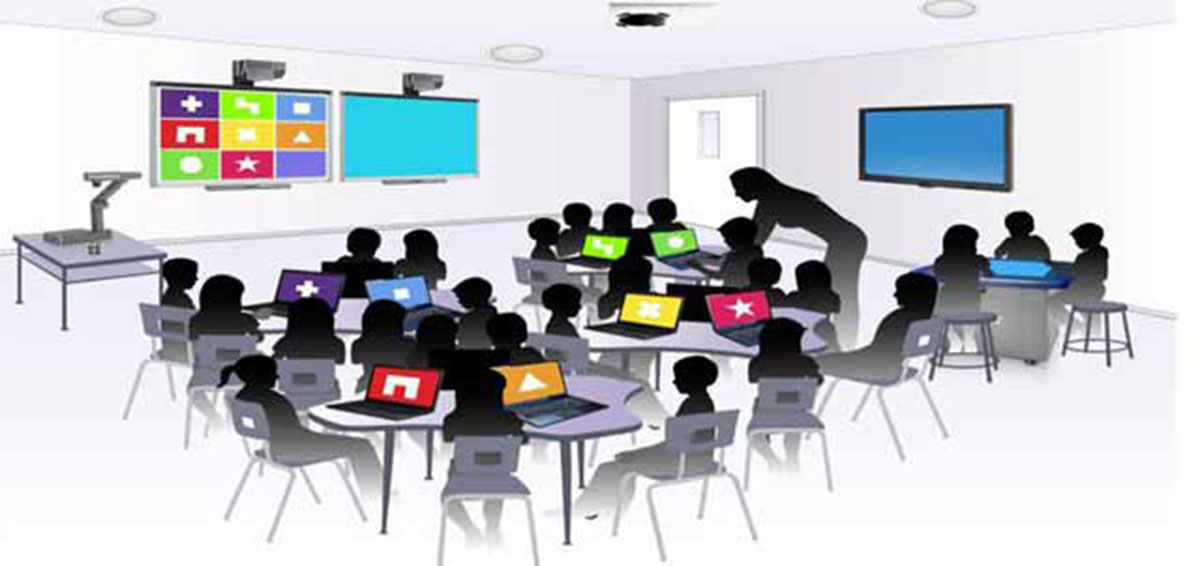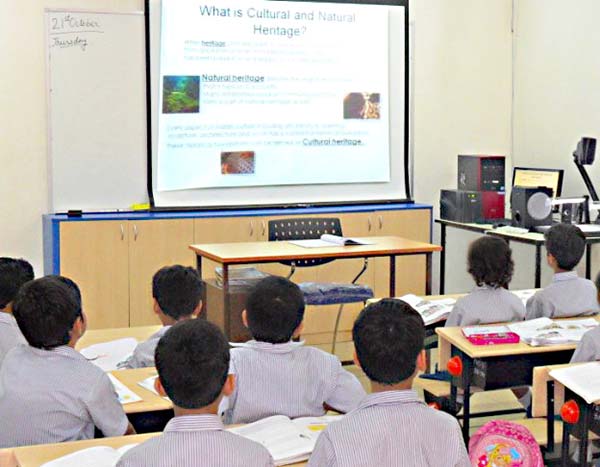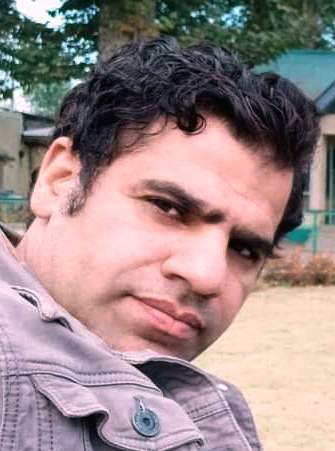by Bhat Hilal
“The illiterate of the twenty-first century will not be those who cannot read and write, but those who cannot learn, unlearn, and relearn.”
Alvin Toffler in Future Shock (1970).

It is said that education doesn’t need to be reformed; it needs to be transformed. The era of competence is gone, and we are living in a world of excellence.
“Excellence is never an accident. It is always the result of high intention, sincere effort, and intelligent execution. It represents the wise choice of many alternatives – choice, not chance, determines your destiny,” says Aristotle.
After much anticipation, the NEP-2020 has finally left its mark on every facet of the education system, replacing the outdated NPE-1986. The latter had lost its relevance in our rapidly evolving world, where technology and quality reign supreme.
The new NEP-2020 brings about a qualitative shift, a departure from the quantitative approach of its predecessor, aligning itself more fittingly with the demands of our time. The success of the new policy hinges on its distinction from the old one. According to NEP-2020, education should shift from an emphasis on content to fostering critical thinking, problem-solving, creativity, and multidisciplinary skills. It encourages innovation, adaptability, and the absorption of new knowledge in rapidly evolving fields.
A significant focus of the policy lies in prioritising the mother tongue or regional language. By doing so, it refines and customises the curriculum and content to cater to individual student’s needs, aligning them with the demands of the world. Additionally, NEP-2020 grants students more flexibility in choosing their subjects, empowering them to pursue their interests and passions.
Undoubtedly, the new policy has liberated students from the confines of imposition, bestowing upon them the much-needed freedom to explore their skills and foster innovation independently. While its launch was marked by great excitement, hype, and enthusiasm, we must now focus on ensuring a promising, competitive, and challenging approach to effectively meet the implementation standards.
A well-executed beginning is only half the journey, and this transition requires a carefully planned and objective-oriented approach. A smooth execution is essential to prevent the objectives from getting lost along the way. Let us be diligent and resolute in making this transformative policy a resounding success. The delicate balance between departing from the old and embracing the new – must be carefully struck. To ensure a smooth transition without disruptions or imbalances, we must proceed with patience and take one step at a time, ensuring each previous step is thoroughly addressed and completed. As we prioritise the “how” and “what” of learning, we must also acknowledge the significance of learning to unlearn.
Teachers must rise to the mark and standards to match the changing world. They need to improve their critical and innovative skills, while also becoming technologically sound and tech-savvy.

With the deadline for complete implementation set for 2030, there is ample time ahead. Ensuring a successful transition is crucial. We must navigate this journey with diligence and determination. Clear goals and objectives should guide our actions, and our execution and implementation process must adhere to a well-defined road map. There should be no compromise or dilution at any stage in any aspect of the policy.
The key areas of focus include infrastructure, curriculum, activity pedagogy, classroom culture, human resources, assessments and evaluations, community involvement, necessary training, and other relevant components. By diligently addressing each of these elements, we can ensure the policy’s successful realization without deviation.
The policy represents a shift from quantity to quality, and it is essential to avoid a frantic rush towards completion. Instead, the focus should be on the means employed, as they hold the utmost significance. The means chosen must align with the goals and objectives, as any deviation would defeat the purpose. In the twenty-first century’s global knowledge world, this policy presents a golden opportunity. We must seize it to overhaul and improve our teaching-learning process, addressing any deficiencies. By doing so, we can benefit our students, the education system, the policy itself, and society as a whole. This chance is a precious gift, and making the most of it is crucial for our collective advancement.
Adhering faithfully to principles and guidelines will lead us to become the best version of ourselves, with improved student and teacher quality and a stronger education system. This will enable us to be highly competitive on both national and international stages, enhancing the socio-economic framework of the nation.
For the success of this endeavour, all stakeholders must put forth their best efforts. Cooperation and collaboration are essential. As citizens, we all share the responsibility and must shoulder it at our respective levels to ensure the realization of this vision. By collectively working towards this goal, we can bring about a positive transformation in our education landscape.

Nelson Mandela said that education is the most powerful weapon that you can use to change the world. However, a goal without a plan remains merely a dream.A proper planning process is crucial, with a road map designed to achieve our desired goals.We must seize this opportunity to bring about change within ourselves first, then in our students, and ultimately in our societies. This transformation will have a ripple effect, leading to the transformation of our nation. We need to collectively embrace this responsibility and work towards creating a positive impact through the power of education.
(Author teaches at BHSS Magam, Budgam. The opinions expressed in this write-up are those of the author and do not necessarily reflect the views of Kashmir Life)














